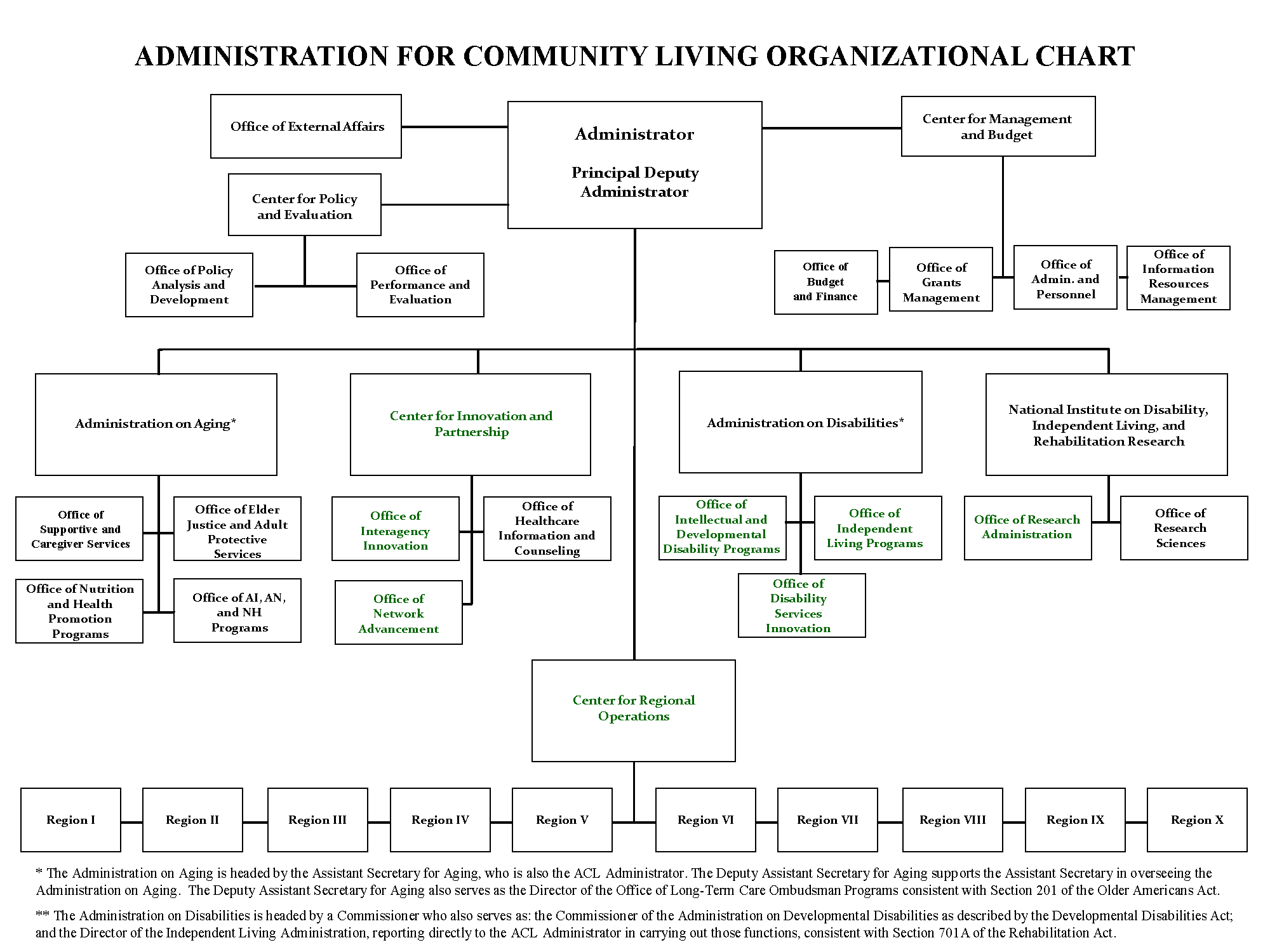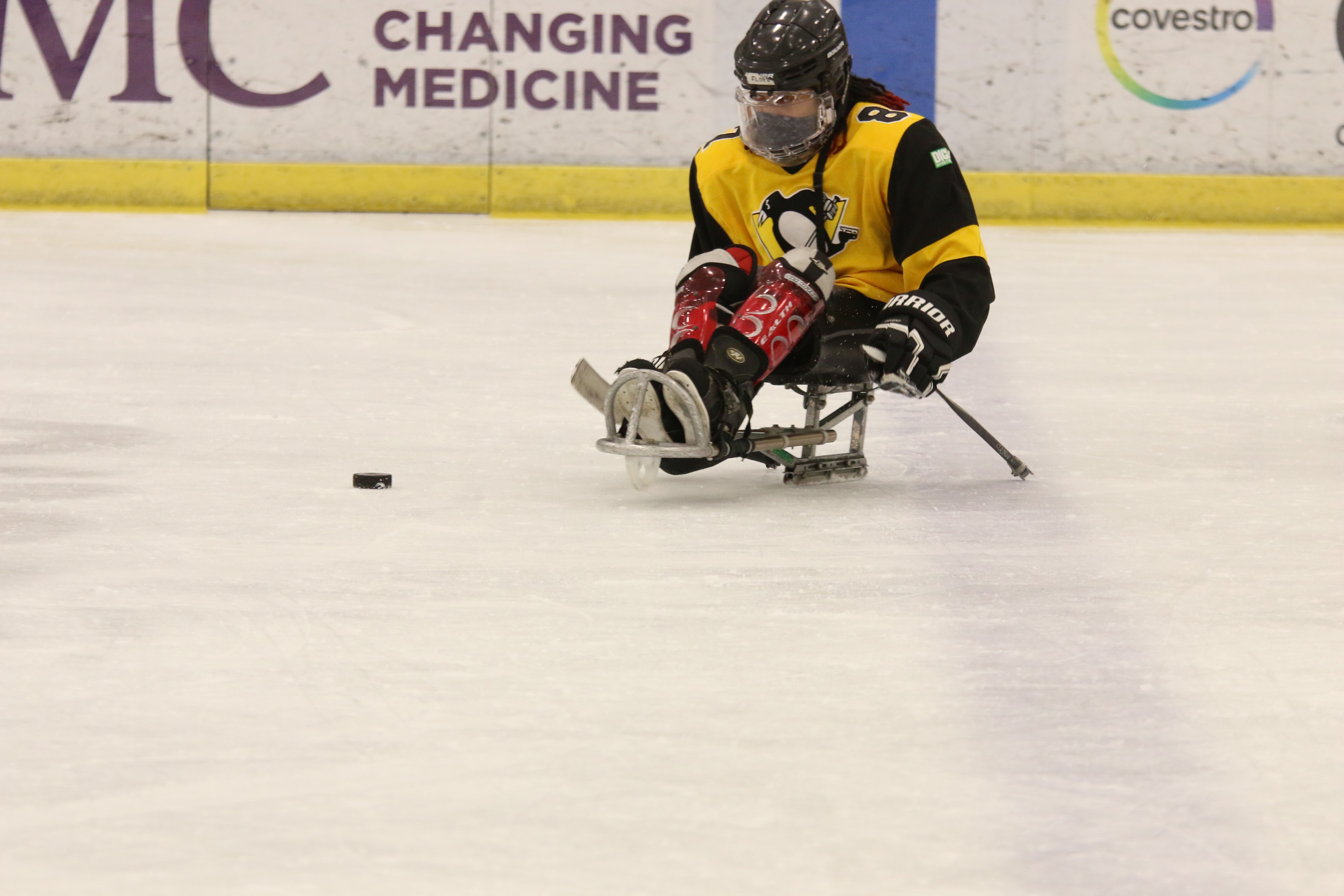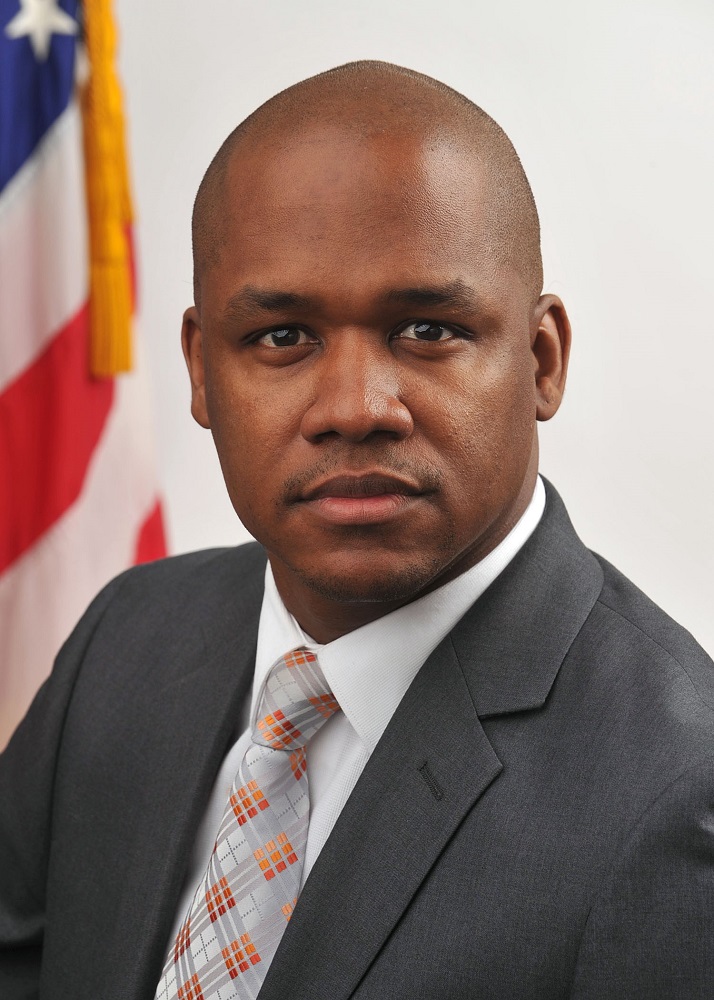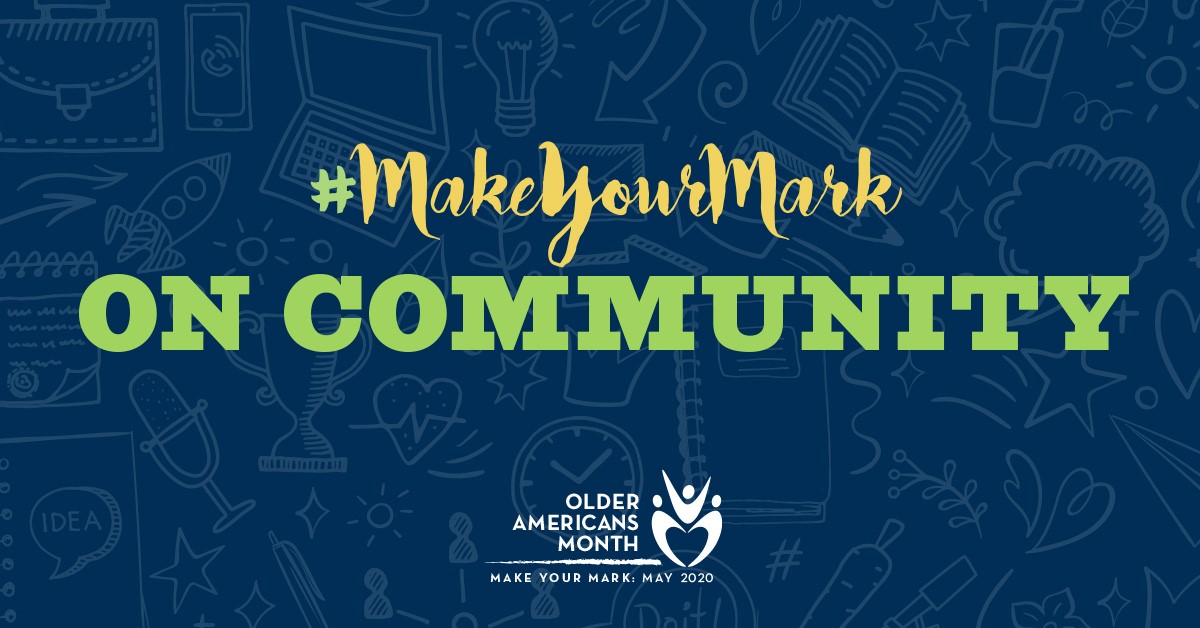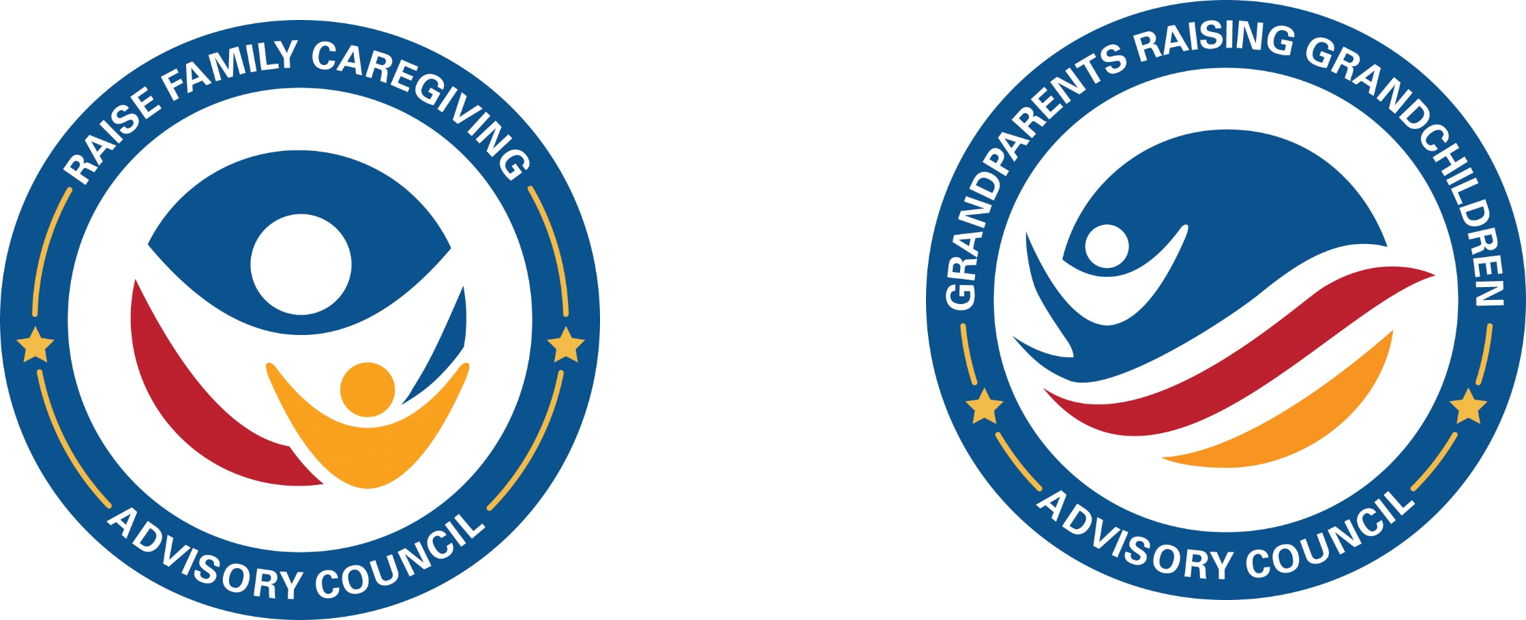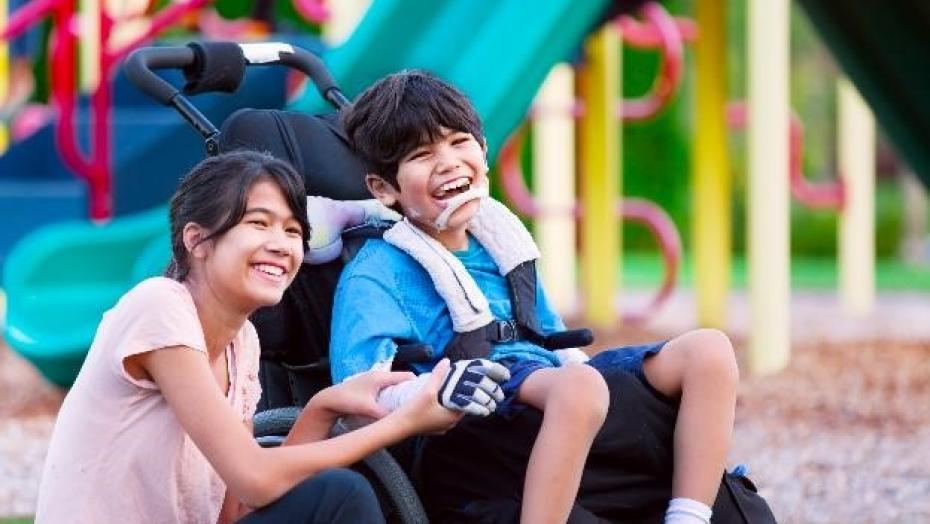ACL administers an array of Older Americans Act-funded programs, such as its chronic disease self-management education programs, through grant making to the aging network. The Positive Self-Management Program, developed at Stanford University, is offered to older adults with HIV in Maine through one ACL grantee, and there are other health and wellness programs that grantees have tailored and packaged for older adults living with HIV. Additionally, ACL's Office of Healthcare Information and Counseling manages the State Health Insurance Assistance Program . SHIP counsels Medicare-eligible individuals to assist them with making informed health insurance decisions, which is helpful to those who are receiving Ryan White HIV/AIDS Program services.
Lastly, ACL's resource centers support grantees' work with targeted populations to provide services to historically underserved minority communities. In particular, the SAGE National Resource Center on LGBT Aging provides HIV and aging resources to ACL's grantees and the communities they serve. Whether it be home modification, transportation to medical appointments, or caregiver and home delivery meal services, all of ACL's programs "can be of benefit to people over 60 with HIV," as noted by Andrea. As an operating division of the US Department of Health and Human Services, ACL is not required to have its own Chief Data Officer or Statistical Official.
But ACL does have a governance structure to coordinate the use of evidence for program operations and policy making. The Office of Performance and Evaluation staff work with staff across ACL to define and implement ACL's learning agenda and evaluation plan. This includes semi-annual meetings with ACL leadership and management staff and annual consultation with all program managers.
In FY 2019 ACL funded a council to improve ACL's data governance, including the development of improved processes and standards for defining, collecting, reviewing, certifying, analyzing, and presenting data that ACL collects through its evaluations, grant reporting, and other administrative data collections. ACL is also a member of the Interagency Committee on Disability Research and the Interagency Forum on Aging Related Statistics. These councils promote coordination of federal data, set federal research priorities, work closely with policy makers, and inform comprehensive government wide strategic plans for aging, disability, independent living, and rehabilitation research.
The ACL Business Acumen Learning Collaborative2 is a community-level effort to improve the business acumen of the organizations and agencies that provide community-based services. Greenlee noted the tremendous support that The John A. Hartford Foundation and The SCAN Foundation have given as ACL has worked to change the network of services it supports and to make previously free services more sustainable in an uncertain funding climate. "We are taking a national network of nonprofits—the area agencies on aging centers for independent living—and changing their fundamental business structure," Greenlee said. "Not their mission, not their value, not their contribution, their structure." These are primarily grant-based organizations that receive money from the federal government via the states and the Older Americans Act, she explained. They are learning to become providers, to demonstrate their economic value, and to bill for their services.
Possible opportunities include establishing meal providers that hospitals can contract with to deliver meals to the home of someone recently released from the hospital. Other services that might be able to generate fees rather than subsist on grants include community-based transportation networks and case management. There is still a role for services that are provided free of charge, Greenlee said. The challenge is that there is an assumption that all of the free community services are plentiful and will continue to be available for the clients of large long-term care providers, managed-care organizations, and hospital systems, even in an uncertain funding climate.
As the Obama Administration comes to a close, Greenlee and her colleagues at HHS have been working on a proposed budget for 2017. One question the Office of Management and Budget has asked was why the Centers for Medicare & Medicaid Services is not doing this work. The Division for Community Living partners with more than 60 community based organizations that look to the agency for oversight and funding. ACL advocates across the federal government for older adults, people with disabilities, and families and caregivers; funds services and supports provided primarily by states and networks of community-based programs; and invests in training, education, research, and innovation. We manage a variety of programs , providing assistance on health and wellness, protecting rights and preventing abuse, supporting consumer control, strengthening the networks of community-based organizations, funding research, and much more. Staff of the Office for Performance and Evaluation oversee the evaluations and act as liaisons between program staff and evaluation contractors.
While program staff are encouraged to write forwards for evaluation reports, they do not influence the findings. ACL's evaluation policy states that ACL will conduct evaluations through the competitive award of grants and contracts to external experts who are free from conflicts of interest. Further, the Director of the Office of Planning and Evaluation has authority to approve the design of evaluation projects and analysis plans as well as to approve, release and disseminate evaluation reports. While all ACL programs are required to report on program results, over the past 10 years ACL has evaluated or is in the process of evaluating at least one program in 55% percent of its major budget lines.
The programs least likely to be evaluated are resource centers and projects like State Councils on Developmental Disabilities that are self-governing organizations charged with identifying the most pressing needs of people with developmental disabilities in their state or territory. Evaluation data have been used to improve programs through updating funding requirements and refocusing technical assistance. The programs are engaging in a range of activities designed to meet the needs of the communities and individuals they serve. Programs target long-term services and supports to persons living with Alzheimer's disease and related dementias as well as paid and unpaid caregivers. While each program is different, all include activities designed to support special populations, including low-income and minority communities, people with ADRD who live alone, and individuals living with intellectual and developmental disabilities at risk of developing a dementia. ACL provides technical assistance to grantees related to using evidence-based programs and building evidence.
For example, theNational Resource Center on Nutrition and Aging provides research-based insight into different programs and approaches that deliver nutrition-related home- and community-based services administered through grants to the 56 states and territories. ACL's Alzheimer's Disease Supportive Services Program grant program supports state efforts to expand the availability of community-level supportive services including the translation of evidence-based models into community-level practice in their programs. The 68 University Centers for Excellence in Developmental Disabilities Education, Research, and Service throughout the United States and its territories serve as liaisons between academia and the community. They fund model demonstrations to build evidence for addressing issues, finding solutions, and advancing research related to the needs of individuals with developmental disabilities and their families.
During the course of ACL's work on improving business acumen and the coordination of LTSS, four key issues have emerged that should be kept in mind as this work moves forward, Greenlee said. "If we monetize , people will have to know that they are buying something that has an outcome that they want," she said. However, she said, focusing on quality outcomes is hard for the aging services network because of its historic emphasis on outputs, not outcomes.
For example, when ACL instituted a requirement that states and area agencies could only spend Older Americans Act funds on evidence-based programs, there was some resistance. This requirement was a signal that an exercise program at a senior center could not be created just because someone volunteered to run it. The exercise program must have fidelity and be replicated with outcomes that are proven, Greenlee explained. Toward this end, HHS has asked the National Quality Forum to identify the domains needed for quality measures of LTSS.
The next step, Greenlee said, is to invest in research to populate these domains with data. Although some data are available at the local level, the research for home- and community-based services needs to be taken to a much larger scale. ACL released a funding opportunity in 2019 titled Rehabilitation Research and Training Center on Improving Employment Outcomes for People with Psychiatric Disabilities. This is based onIndividual Placement and Support , which is an evidence-based supported employment model that has been demonstrated to improve employment outcomes for people with psychiatric disabilities.
ACL made similar grants in 2017 and 2018 and is evaluating the outcomes of those grants. The Older Americans Act of 1965 , as amended, created the primary vehicle for organizing, coordinating and providing community-based services and opportunities for older Americans and their families. All individuals 60 years or older are eligible for services under the OAA, although priority attention is given to those who are in greatest need.
The Senior Community Service Employment program, a part of the OAA currently administrated by the U.S. Department of Labor, offers part-or full time employment to low- income who are 55 years or older. AoA awards funds for supportive home and community-based services to the SUA's, which are located in every state and U.S. territory. The Area Agencies on Aging receive funds from their State Units on Aging (SUA's) to plan , develop, coordinate and arrange for services to assist the older persons who are in greatest need in each planning and service area. Provider agencies and public and private groups provide The administration on Aging is the federal focal point and advocate agency for older person and their concerns.
AoA works to heighten awareness among other federal agencies organizations, groups and the public about valuable contributions that older Americans make to the nation and alerts them to the needs of vulnerable older people. Through information and referral and outreach efforts at the community level, AoA seeks to educate older people and their caregivers about the benefits and services available to help them. She said that to do this work effectively, it is necessary to be able to live with dissonance. Disability and aging, for example, both have a history of stigma and discrimination, but they are not the same history, and civil rights factors into the field of disability in a way that it does not in aging. Therefore, bridging the fields of aging and disability requires patience, good intentions, and a lot of discussion about fundamental issues and clear communication about meaning. "The goal is not to think the same way or to be the same at all, but to have and articulate the same objectives," Greenlee said.
ACL has a shared vision of what it means to be an autonomous person living in the community with a need for both prevention services and supports. Greenlee cautioned that it is possible to get lost in the complexities of distinguishing between the different fields but to remain respectful and comfortable living with the differences. She said that ACL has changed some of the language it uses to accommodate the differences in how the aging and disability communities think and talk about "choice," living in community "for a lifetime," and end-of-life care. She said that disability and aging work will not be the same, but there are opportunities because they share common threats and common goals, such as the threat of the medical community dictating how individuals should live their lives and the goal of individuals living their lives how they want them to be.
The Administration on Disabilities within the Administration for Community Living will award a single grant in fiscal year to develop a Community of Practice designed to build capacity across and within States' aging and disability networks to support futures planning for individuals with intellectual and developmental disabilities (ID/DD). Specifically, the purpose of the grant is to build capacity across the networks to support individuals with ID/DD and their families better plan for their future across the lifespan, including addressing key social determinants of health in order to more effectively address the individual's needs, goals, and preferences. Since 2017, ACL has awardedInnovations in Nutrition grants to 11 organizations to develop and expand evidence-based approaches to enhance the quality and effectiveness of nutrition programming. ACL is currently overseeing five grantees for innovative projects that will enhance the quality, effectiveness, and outcomes of nutrition services programs provided by the national aging services network.
Through this grant program, ACL aims to identify innovative and promising practices that can be scaled across the country and to increase the use of evidence-informed practices within nutrition programs. Grantees are required to provide evidence that they are meeting grant program outcomes as well as lessons learned about what works and how they overcame challenges faced. For example, the Rehabilitation Engineering Research Centers Program for a RERC on Rehabilitation Strategies, Techniques, and Interventions is sponsored by NIDILRR. It engages in the systematic application of engineering sciences to design, develop, adapt, test, evaluate, apply, and distribute technological solutions to problems confronted by people with disabilities in functional areas such as mobility, communications, hearing, vision, and cognition. ACL's Alzheimer's Disease Programs to States and Communities (HHS-2018-ACL-AOA-ADPI-0307) is informed by the work and recommendations of National Alzheimer's Project Act Advisory Committee. The Alzheimer's Disease Programs Initiative is implemented with authority contained within Title IV of the Older Americans Act.
It is designed to pilot dementia-capable home- and community-based services programs to states and communities, evaluate program outcomes, and use program outcome data to garner support to sustain successful initiatives beyond the federal program period. ACL has a number of model programs and demonstration grants that propose and test the use of innovative approaches. For example, ACL funded cooperative agreements for the development and testing of model approaches towards coordinated and comprehensive systems for enhancing and assuring the independence, integration, safety, health, and well-being of individuals with intellectual and developmental disabilities living in the community (i.e. Living Well Grants).
While the evaluation of this program is not yet complete, initial findings about what works were integrated into the requirements of the funding announcement for the FY18 award cycle. ACL uses a quality review system for developmental disability programs under ACL's/Administration for Intellectual and Developmental Disabilities . The QRS uses a three-tiered model to review program compliance, outcomes (i.e., evidence), and fiscal operations to review results to target and coordinate technical assistance. Tier three is customized monitoring for programs that ACL has significant concerns in terms of compliance and performance.
ACL continues development of a formula grant monitoring framework for Older Americans Act Title III and VII state formula grants. The framework combines assessments of grantee's progress toward program goals and objectives with identification of risk or instances of fraud, waste and abuse. These reviews allow ACL, if warranted, to restrict grant funding based on findings of insufficient evidence of performance. The regional staff conduct annual reviews with the state units on aging to review the states' work under their state plans on aging . There are also checks of how and whether states verify the quality of their performance data.
ACL uses this information to inform TA directed to improve program operations, results, and return on investment. When making decisions about continued grant funding, NIDILRR uses a risk scale to determine whether the additional funding will be a good use of funds. NIDILRR's long range plan also describes research as part of their new employment research agenda to continue development of return-on-investment models that can be used by Vocational Rehabilitation agencies to optimize the services they provide. The third key issue relates to technology and, in particular, the development of interoperable electronic health record systems. Greenlee pointed to research on care transitions, funded by the Center for Medicare and Medicaid Innovation, as evidence that the lack of access that community-based organizations have to EHRs is a fundamental barrier to these organizations successfully moving forward. In some cases local organizations, such as the Area Agency on Aging in San Diego County—an aging and disability resource center—have gone so far as to build their own systems to interface with regional hospitals.
"Technology will keep the aging network and disability programs and local communities . At the starting gate if we don't talk about it, because no one is investing in ," said Greenlee. Kathy Greenlee of ACL and HHS began her presentation by recounting how when she first began working as the Assistant Secretary for Aging in 2009, HHS was putting together working groups to prepare for what would eventually become known as the Patient Protection and Affordable Care Act1 .
She recalled how she and Henry Claypool, who was then Secretary Kathleen Sebelius's advisor on disability policy, would receive the lists of those who were to be members of the working groups, and neither one of them would be included. "That was troubling to us and also an early warning that health reform was not long-term care reform," Greenlee said. Although long-term care reform is occurring, she added, it was not organized that way, nor was there recognition of the connection to community-based work on aging and disability. It was for this reason that Greenlee, Claypool, and Sharon Lewis—then the Administrator of the Administration on Intellectual and Developmental Disabilities—worked to create ACL. They envisioned ACL as the agency at HHS where the voices of older adults and people with disabilities would be heard in the health reform conversations.
The Administration for Community Living was created around the fundamental principle that older adults and people of all ages with disabilities should be able to live where they choose, with the people they choose, and with the ability to participate fully in their communities. By funding services and supports provided by networks of community-based organizations, and with investments in research, education, and innovation, ACL helps make this principle a reality for millions of Americans. The Disability Information and Access Line is now available to help people with disabilities find vaccination locations in their communities, assist callers with making vaccination appointments, and connect callers to local services – such as accessible transportation – to overcome barriers to vaccination.
The hotline also can provide information and resources to answer questions and address concerns about the vaccines and can connect callers to information and services that promote independent living and address fundamental needs, such as food, housing, and transportation. ACL uses innovation dollars provided under Title IV of the Older Americans Act as a means of testing new approaches to service delivery and developing replicable models that could then be embedded into core programs. In FY16, ACL established the Elder Justice Innovation Grants program to increase knowledge about effective prevention and intervention of abuse, neglect, and exploitation of older adults, native elders, adults with disabilities, people who self-neglect, and guardianship abuse. In FY18, ACL monitored the second year of 2-year grants awarded to 5 non-profit organizations in FY17, totaling $2.2 million.
In FY18, ACL awarded grants under the Alzheimer's Disease Programs to States and Communities HHS-2018-ACL-AOA-ADPI-0307 to pilot innovative dementia-capable home- and community-based services programs to states and communities. Department of Health and Human Services, ACL is not required to have its own strategic data plan and utilizes HHS's data strategy. In 2019, ACL created a council to improve ACL's data governance, including the development of improved processes and standards for defining, collecting, reviewing, certifying, analyzing, and presenting data that ACL collects through its evaluation, grant reporting, and administrative performance measures. In addition, the council will help the Office of Performance and Evaluation meet its mission to provide and promote high quality, transparent information to support sound decision-making. The reorganization will strengthen our efforts to support community living, regardless of age.
All Americans - including people with disabilities and seniors - should be able to live at home with the supports they need, participating in communities that value their contributions. To help meet these needs, HHS is creating a new organization, the Administration for Community Living with the goal of increasing access to community supports and full participation, while focusing attention and resources on the unique needs of older Americans and people with disabilities. The Association for Community Living is a statewide membership organization of not-for-profit agencies that provide housing and rehabilitation services to 40,000 people diagnosed with serious and persistent psychiatric disabilities. The day-to-day rehabilitative and support activities performed in community residential and other housing settings are vital for people who face the daily challenges of living with a psychiatric disability and want to live independent, productive and satisfying lives as members of the community. UCEDDs are a nationwide network of independent but interlinked centers, representing an expansive national resource for addressing issues, finding solutions, and advancing research related to the needs of individuals with developmental disabilities and their families. According to the funding opportunity announcement applications are also reviewed based on their description of current or previous evidence of relevant experience.
The Director of the Office of Performance and Evaluation serves as the Administration for Community Living evaluation officer. OPE, which oversees the agency's performance and evaluation work, has seven full time staff positions and in FY19 had a budget of approximately $11.5 million. To provide a framework for the workshop's discussions, two keynote speakers talked about what maximizing independence and community living mean, the successes that have already been achieved, the challenges that lie ahead, and suggestions for how to meet those challenges. Kathy Greenlee, the Administrator of the Administration for Community Living and the Assistant Secretary for Aging in the U.S.












